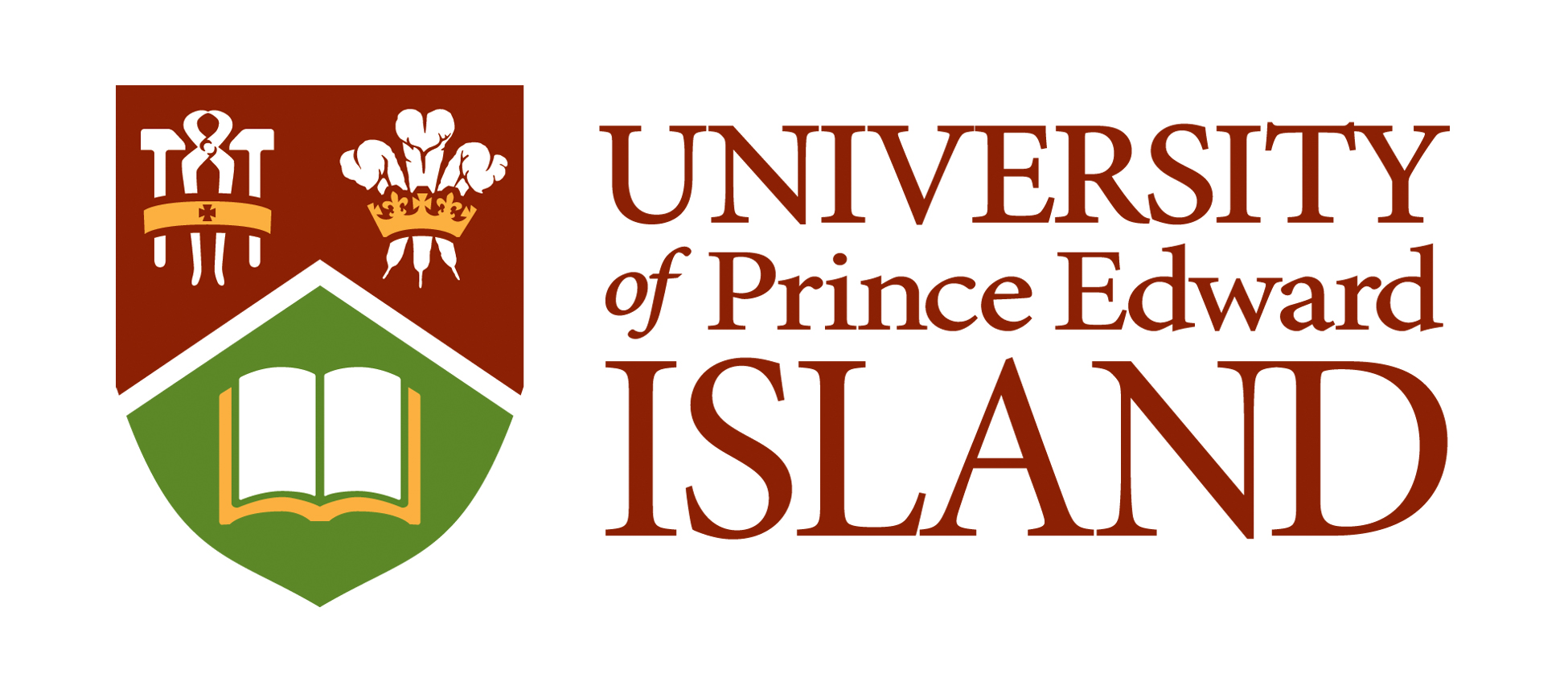Message from the Interim President: Update about non-disclosure agreements and employee supports

The following message was distributed to faculty and staff by email on November 3, 2023, on behalf of the Office of the President.
Use of non-disclosure agreements at UPEI
Since the release of the Rubin Thomlinson report, University of Prince Edward Island Review, there has been increased interest in the University’s use of non-disclosure agreements (NDAs). Recently, when I was responding to questions posed by members of the PEI Legislative Standing Committee on Education and Economic Growth, I was pressed for more specific information about the costs of settlement agreements containing NDA clauses, specifically those related to harassment and discrimination. Although it is difficult to trace the exact expenses for each of these cases, I will begin to answer these questions by providing the information we have available right now.
When UPEI administrators, employees, or processes fail, it is important that the University acknowledge that these failures have caused harm to members of our community. Part of that acknowledgement may be financial compensation, and settlement agreements may contain a clause that requires both parties to keep certain information confidential. This may be in relation to the dispute itself, or to the terms of the settlement—or both. Regardless of the amount a victim may receive in a settlement, these damages are not a payment for silence, but rather a remedy for harms. These confidentiality clauses are sometimes referred to as “non-disclosure agreements,” or NDAs.
Rubin Thomlinson found that UPEI had entered into 29 settlement agreements with confidentiality clauses (NDAs) over the ten-year period, 2012 to 2021, in addition to one settlement agreement covering the two complainants from 2012/2013 (for a total of 30 agreements). Of the settlement agreements with NDAs in that period:
- Nine included alleged harassment or discrimination.
- Two of those nine alleged sexual harassment.
- Three of those nine involved allegations against faculty members, with a total settlement cost of $332,875.
- Six, representing seven complainants, of those nine involved allegations against the University or a specific University administrator with total settlement costs of $344,703.
It’s important to note that complainants often incur legal and other costs during their disputes with the University, which may have been paid from the settlement amount.
- The remaining 21 confidentiality agreements referenced over the ten-year period, 2012 to 2021, involved employment contract disputes where no discrimination or harassment was alleged.
I would like to assure our community that the University’s current leadership team has not entered into any settlement agreements with a confidentiality clause (NDA) since I became interim president in December 2021. We have also reviewed our policies and practices to ensure they are in compliance with the new PEI law restricting the use of NDAs in cases of alleged misconduct.
Again, when members of the UPEI community do not live up to our values or processes fail, it is important that the University acknowledge these failures and the harm they have caused, including through financial compensation. Recently, I have sought guidance from Dr. Wendy Carroll and Ms. Erin Casey, the individuals who brought forward allegations of sexual harassment in 2012–2013 against the former President. Their insights have helped formulate this message. From those discussions, I have wondered if, as a university community, we should be focused on past financial settlements or instead be asking ourselves if we have supported victims of harassment to the level we should have in the past and if we are doing so today.
Supports available to faculty and staff
Support for faculty and staff seeking mental health assistance and/or making a confidential disclosure remains available as our community progresses on our path to healing. Your well-being is a priority for us, and we aim to ensure that you have the resources and assistance you may require.
Mental health services and resources
-
Employee Assistance Program (EAP) available through Telus Health: Our EAP provides 24/7 access to confidential support services. You can call a dedicated helpline (1-844-880-9142) or visit our EAP website (one.telushealth.com) for resources on various topics, including stress management, work-life balance, and more. For more information on this program visit the Human Resources myUPEI site at Faculty Benefit Booklets and Resources and Staff Benefit Booklets and Resources.
-
Mental Health Resources Microsite: In 2022, UPEI unveiled a dedicated microsite for mental health. This microsite serves as a central hub where you can access an array of resources provided by UPEI, the PEI government, and the broader community. These resources encompass support for various demographics, including marginalized populations. To explore these resources, please follow this link to the microsite: UPEI - Canada Mental Health (gobenefits.net)
- Increased Supplemental Health Coverage for Mental Health Practitioners: The Supplementary Health Trust for staff and the Joint Benefits Management Committee for Faculty have expanded the Supplementary Health Benefits package to encompass Mental Health Practitioners. This enhanced benefit now includes coverage for services provided by licensed psychologists, social workers, clinical counsellors, psychoeducators, and psychotherapists. Additionally, internet-enabled Cognitive Behavioral Therapy (iCBT) is also available as part of this offering. The coverage for this benefit amounts to $2,000.00 per year. This benefit can be accessed through your Medavie Blue Cross Health Benefits.
In addition to these services, the UPEI Health and Wellness Centre has engaged a psychologist for confidential personal counselling who will meet with faculty and staff individually. Employees may email Caylin Jenkins at cbjenkins@upei.ca, indicating “Appointment required” in the subject line. Caylin will coordinate their appointment with the psychologist and confirm the location of the appointment.
Making a confidential disclosure
This summer we introduced a new pathway for employees to make confidential disclosures of incidents of harassment or discrimination over and above the current processes. The University has established an independent third-party process with Resonance Inc., a multidisciplinary human resources firm, based in Saint John, NB, that specializes in workplace assessments. The contact person at Resonance is Trisha Perry, who may be reached at tperry@resonanceinc.ca or (506)799-0412.
This process applies to confidential disclosures of incidents of harassment or discrimination against senior executive members of the University, which are defined as Deans, directors, and above. Disclosures of this nature that lead to formal complaints will be investigated by Resonance Inc. pursuant to the Fair Treatment Policy.
Confidential disclosures to Resonance Inc. of incidents of harassment or discrimination against University employees who are not senior executive members of the University that lead to formal complaints will be referred to the University’s Fair Treatment advocate, pursuant to the applicable University policy, absent exceptional circumstances as determined by Resonance Inc.
The confidential disclosure and complaint process overseen by Resonance Inc. is not available respecting disclosures or complaints brought forward by current or former senior executive members of the University.
When a disclosure is made to the University’s Fair Treatment advocate, either directly or through referral from Resonance Inc., they follow the process as outlined in the Fair Treatment Policy. This includes options for informal resolution, mediation or investigation. As recommended in the Rubin Thomlinson report, the University has instructed the Fair Treatment advocate to use a variety of investigators. As noted in the policy, either party to a complaint may object to the participation of a person in the investigation or mediation of this policy on grounds of conflict of interest or reasonable apprehension of bias.
There is a tremendous amount of work ahead to rebuild trust in UPEI, including the development of an action plan to implement the recommendations in the Rubin Thomlinson report. I want to express my sincere gratitude for the great efforts being made by many to improve our campus culture and to create a safe work and learning environment.
Regards,
Greg
GREG KEEFE, DVM, MSc, MBA (he/him)
President and Vice-Chancellor (Interim)
University of Prince Edward Island
